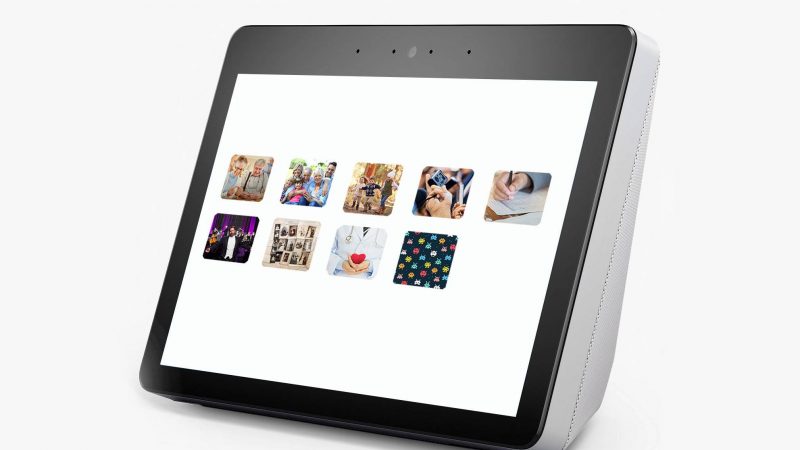Every three minutes, somebody develops dementia in the UK. By 2025, more than one million people will have the condition. For every person living with dementia, the annual cost to the UK economy is more than £30,000, according to the Alzheimer’s Society. The personal cost to an individual and loved ones is inestimable.
Billions of dollars have been committed in the global search for a cure but relief could be found closer to home for sufferers of this most feared of conditions. Virtual assistants might commonly be associated with performing a variety of simple domestic tasks. They could soon be deployed in the battle against the progressive brain disorder.
Working with City Health Care Partnership CIC in Hull, we have developed a prototype application called Memory Box, which helps people living with dementia to retain their dignity, personality and place in the world for as long as possible. Inspiration for our innovation came from the treatment known as reminiscence therapy and a nationally used tool from the Alzheimer’s Society called This is Me.
Reminiscence therapy involves discussing past events and experiences and aims to evoke memories, stimulate mental activity and improve wellbeing. It is commonly supported by props such as videos, pictures and objects and has been found to improve quality of life, cognition, communication and possibly mood.
This is Me is a leaflet used to record details about a person who cannot easily share information about themselves and gathers information such as cultural and family background, important events, people and places from their life and preferences and routines. The practice is endorsed by the Royal College of Nursing and helps professionals to tailor care to an individual**.
Our prototype uses Amazon Echo Show, a smart speaker with the virtual assistant Alexa and a seven-inch screen, as a device for interaction with the patient and carer. We use Inhealthcare’s platform to collect and analyse data to create a picture of the individual’s life and how they respond to stimuli. This digital profile is then shared among health and care professionals to manage and monitor treatment. Family and friends also contribute to the Memory Box with shared recollections.
With this simple technology, key events relevant to an individual can be used to prompt memories, support periods of recognition and provide carers with productive ways to work with patients. By harnessing the power of the cloud, Memory Box can help people to retain their dignity, personality and place in the world for as long as possible. It might not be a cure, but it certainly offers some hope to sufferers of this cruel condition.
**Memory Box won Best Concept award at the Humber Care Tech Challenge 2019.
Aaron Speight is product specialist at Inhealthcare

